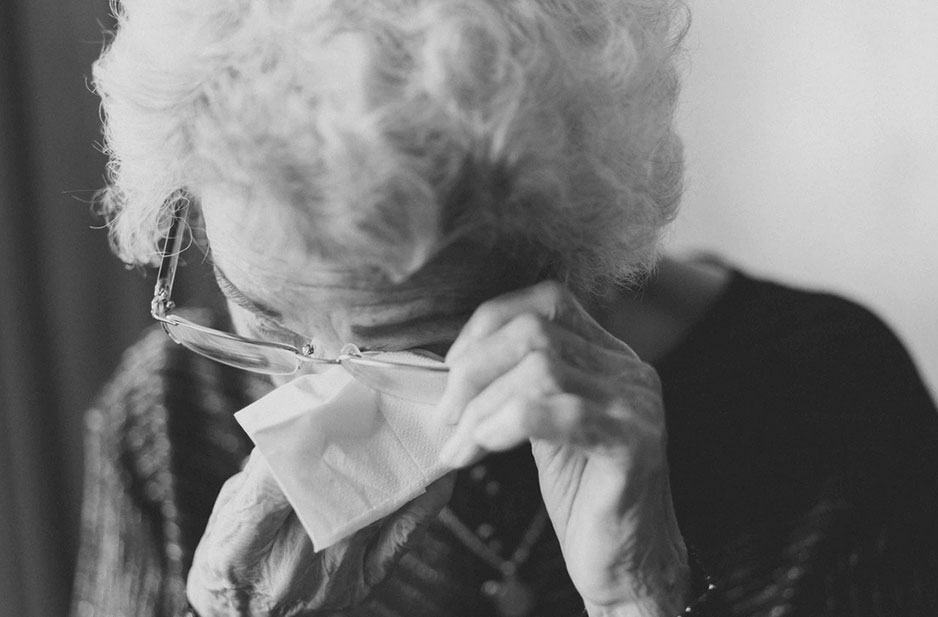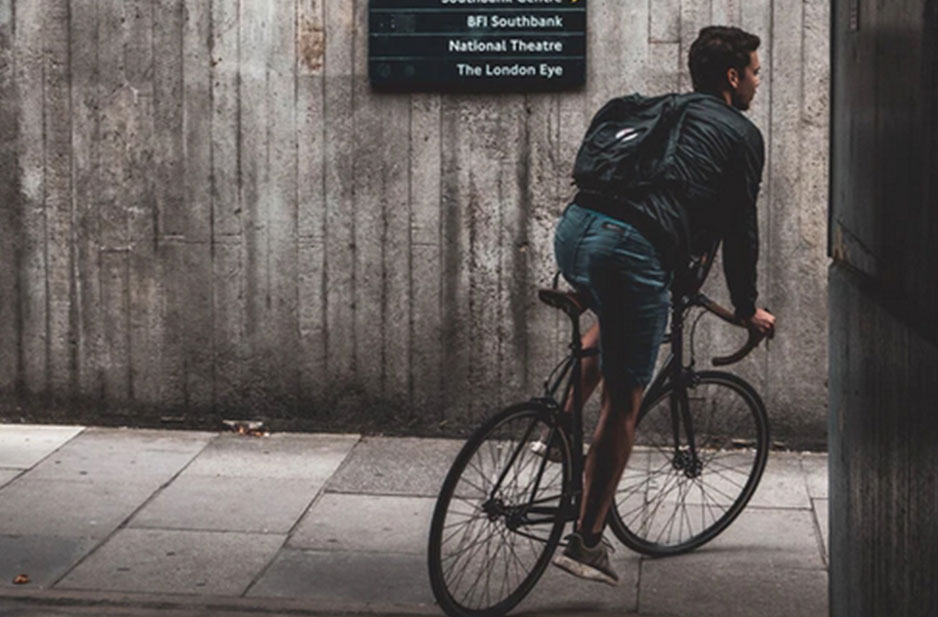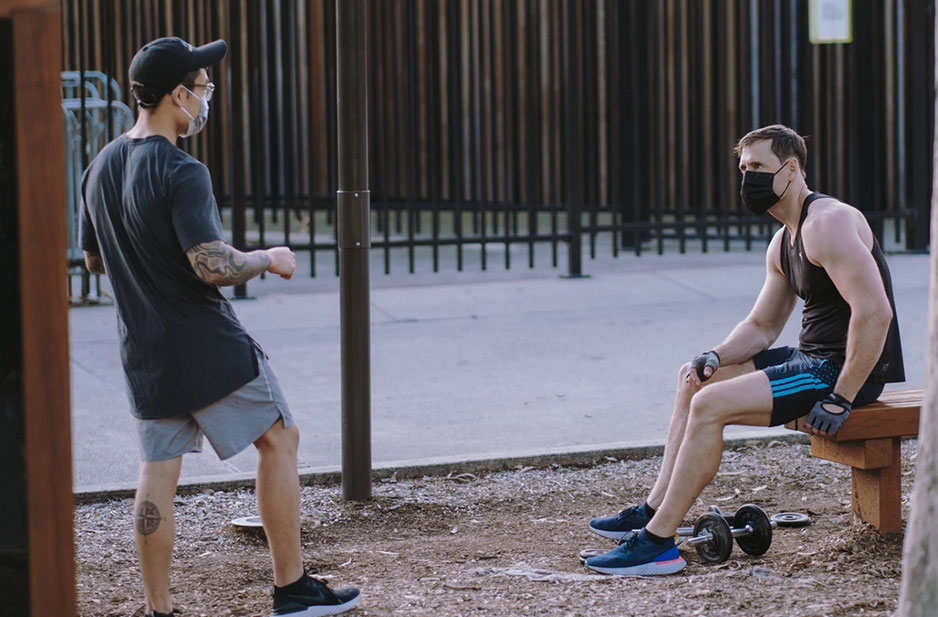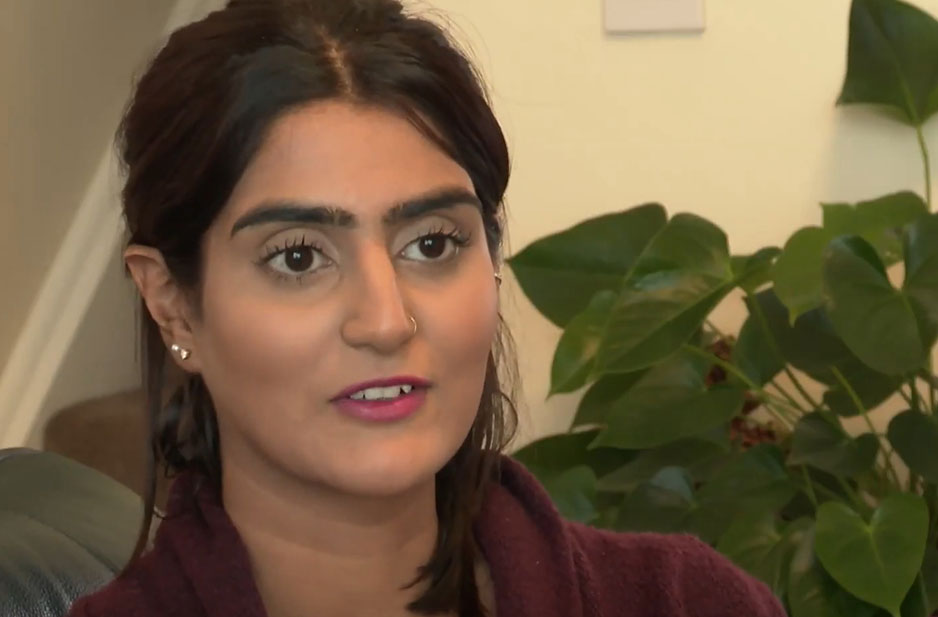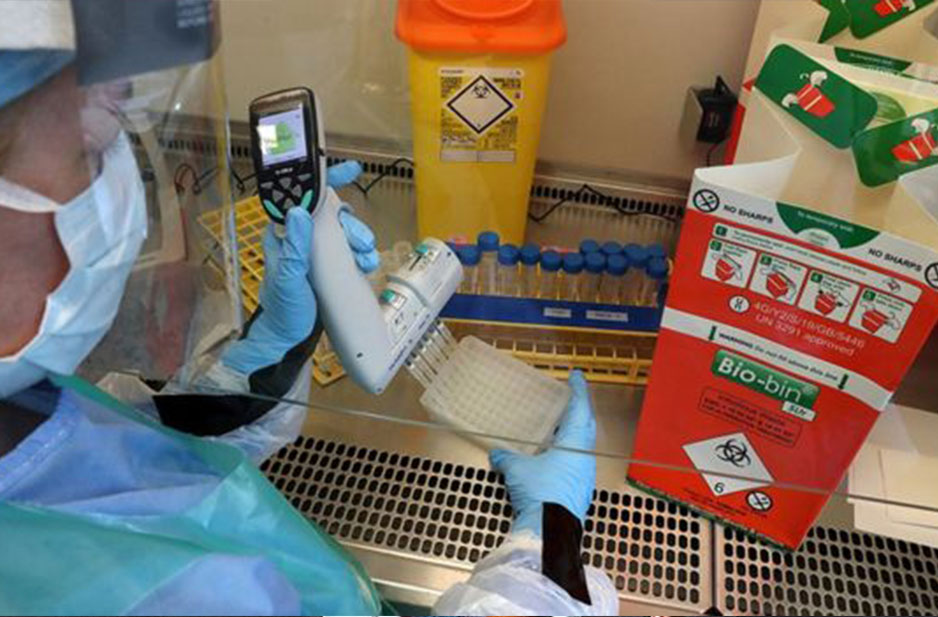Everyone aged five and over in the UK with coronavirus symptoms can now be tested for the disease, Heath Secretary Matt Hancock has announced.
So what exactly is the government's testing strategy?
Making tests available to anyone over five with symptoms is a major expansion of the UK's testing programme.
When testing started, it was only for the sickest patients in hospitals, but eligibility gradually grew.
If you think you need a coronavirus test you can arrange to visit a regional test site.
Alternatively, you can ask for a home test kit - although these have been in short supply.
The test is performed by a taking a swab up the nose or from the back of the throat.
At first the British Medical Association said accessing centres was a major problem, with some people having to drive hundreds of miles to their nearest site.
New testing centres have since been opened, although people must still have access to a car and someone to drive them - or be well enough to drive themselves.
The army was also enlisted to provide pop-up testing facilities in sparsely-populated areas far away from any of the main sites.
However, concerns have been raised about long waits for some test results.
Mr Hancock also announced that the government was trialling a new much quicker swab test which doesn't need to be sent to a lab, and gives results in 20 minutes.
The new swab tests will be trialled in Hampshire in some A&E departments, GP testing hubs and care homes. The trial will run for six weeks and test up to 4,000 people.
If successful, he said the new test will be rolled out on a larger scale "as soon as we can".
The government set a target of 100,000 coronavirus tests per day across the UK by the end of April, and managed to log 122,347 tests on April 30.
But it was criticised for including in this figure about 40,000 testing kits which are counted when they are sent out.
The target was also met on 1 May. It was missed for eight consecutive days after that before being met again on 10 May.
On 20 May, 128,340 tests were provided.
Now the government is working towards a fresh target to get to 200,000 tests a day by the end of May, but this figure seems to refer to testing "capacity", not the actual number of tests carried out.
The swab test only tells you if you currently have Covid-19.
However, health officials in England have approved a test that will show if someone has had coronavirus in the past.
The new test - from Swiss pharmaceutical firm Roche - looks for antibodies in the blood to see if a person has had the virus and might now have some form of immunity.
On May 21, Mr Hancock said 10 million tests had been ordered through Roche and pharmaceutical company Abbott.
He said it would be available to health and social care staff, patients and care home residents from next week.
There is an antibody test already in use at government research facility Porton Down, to make early estimates about what percentage of the population might have had the virus. But it is not accurate enough to give individuals information about their infection status.
There are also questions over how long immunity lasts. There is no evidence people who have recovered from Covid-19 and have antibodies are protected from being infected again, the World Health Organization (WHO) says.
People are tested to diagnose them individually, but it can also be used to understand how far the virus has spread in the population.
Tests help people, including NHS workers, know whether they are safe to go to work. Wide testing can also let the health service plan for extra demand, and inform government decisions around social distancing and lockdowns.
For this reason, an initial 20,000 households in England will be tested every month for a year - for active coronavirus infections and for antibodies indicating a past infection.
The UK significantly increased its testing capacity throughout April, but lagged behind many other nations. Germany, for example, was regularly averaging 100,000 tests a day, by the start of last month.
The UK did not start with the resources to do mass testing, unlike some other countries.
But it also took several weeks to expand from an initial eight public health laboratories to a wider network of private and university labs.










